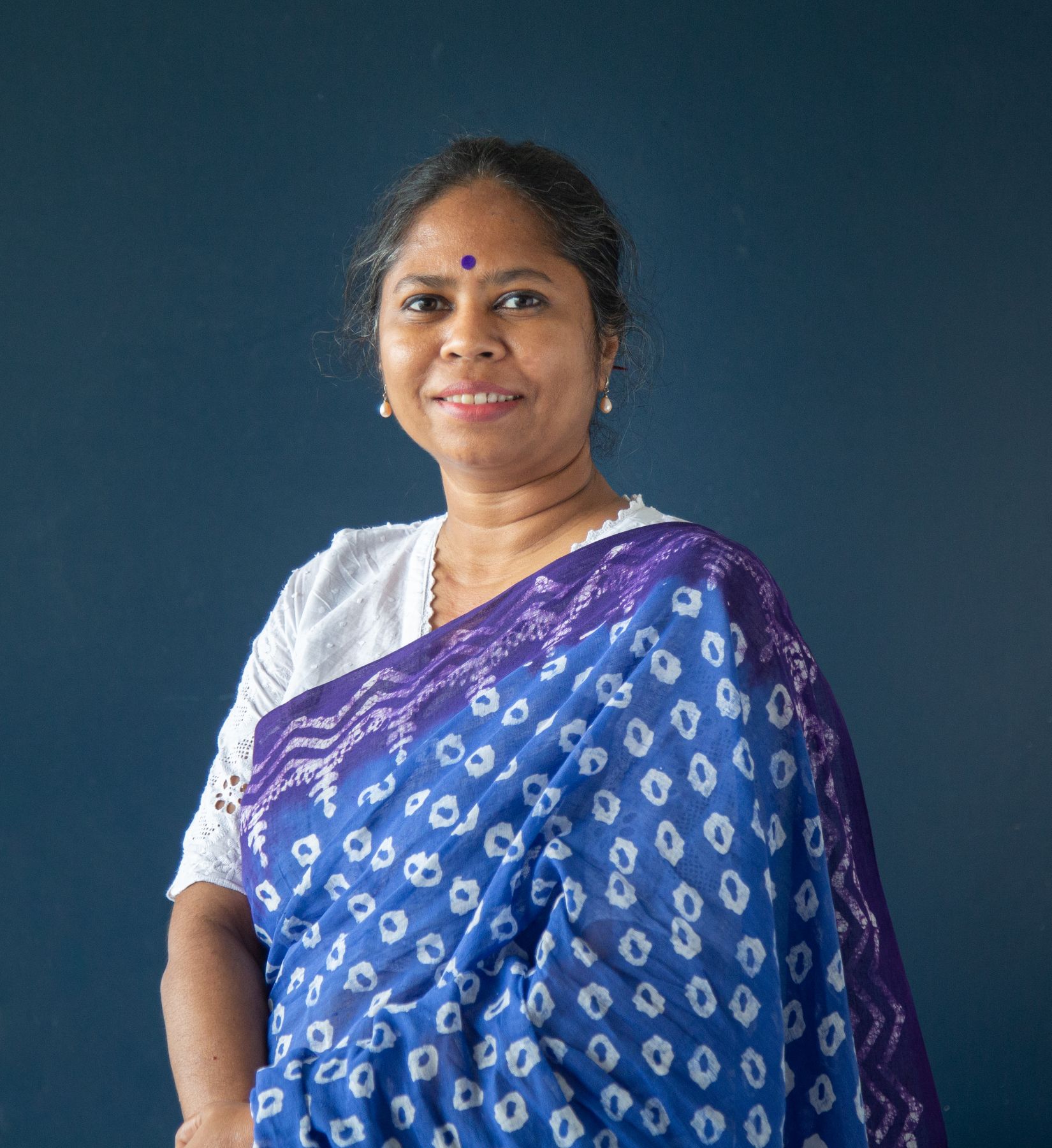Short Biography
Atiya Rahman is an experienced Anthropologist and qualitative research expert. She worked in BRAC for about 15 years as a qualitative researcher in the BRAC, James P Grant School of Public Health (JPGSPH), BRAC University (January-till date) and Research and Evaluation Division (2008-2018). She is also involved with a few research projects of JPGSPH, BRAC University (May-October 2020). Earlier, she worked for the International Centre for Diarrhoeal Disease Research, Bangladesh (ICDDR,B), Centre for Injury Prevention and Research, Bangladesh (CIPRB) and Steps Towards Development in various capacities in qualitative research. She is an expert in doing focused ethnography, photo voice, photo narrative, systematic interview methods (free-listing, pile sorting, rating & ranking), social mapping, body mapping, and other participatory approaches. During her career in BRAC, she conducted various research monographs/working papers/reports on different disciplines like reproductive and sexual health, maternal and child health, nutrition, WASH & IPC in maternity centre and social development. She also has vast experience working with various vulnerable populations in Bangladesh, including Rohingya, slum dwellers, the Haor community, ethnic minorities, disabled people, and the Muslim community of Mindanao, Philippines, women from Afghanistan and the refugee & displaced population of Myanmar. She did formative, operational, action and ethnographic research and has published a good number of primary research papers, reports and articles in peer-reviewed journals. She was educated in the University of Pune, Maharashtra, India (MA in Anthropology), and Shah Jalal University of Science and Technology, Sylhet, Bangladesh (BSS and MSS in Anthropology)
Current Projects
1. Project: Effectiveness of SEL Integrated Accelerated Learning Model for Vulnerable and Out-of-school Children in Bangladesh. Donor: BRAC Institute of Educational Development Role: Investigator 2. Project: Evaluation of BRAC Humanitarian Play Lab (HPL) in Rohingya camps of Bangladesh. Donor: BRAC Institute of Educational Development Role: Investigator 3. Project: Balanced energy protein (BEP) implementation research in rural Bangladesh (In partnership with John Hopkins University) Donor: BMGF Role: Qualitative Investigator
Selected Peer-Reviewed Publications
1. Rahman A, Khaled Nazrana, Akter M, Yesmin S, Zaman SS, Marium E, Afsana K. The wellbeing of Rohingya children in Rohingya camps of Bangladesh during the Covid 19 pandemic: a qualitative exploration, Early Child Development and Care, DOI: 10.1080/03004430.2022.2106979 2. Rakhshanda S, Ahmed S, Saidu S, Nderitu C, Thapa B, Awal A, Farnaz N, Rahman A, Aktar B, Faruque A.S. G. Knowledge and practice regarding menstrual hygiene management among the Rohingya refugee adolescent girls in Cox’s Baza, Bangladesh: A mixed-method study. International Journal of Human Rights in Health Care; 14(4): 311-326. https://doi.org/10.1108/IJHRH-10-2020-0096 3. Ahmed R, Farnaz N, Aktar B, Hassan R, Shafique S Bin, Ray P, Awal A, Rahman A, Urbaniak V, Kobeissi L H, Rosie J, Say L, Hasan DM, Quayyum Z, Rashid S F. Situation analysis for delivering integrated comprehensive sexual and reproductive health services in humanitarian crisis condition for Rohingya refugees in Cox’s Bazar, Bangladesh: protocol for a mixed-method study. BMJ Open 2019;9:e028340. doi:10.1136/ bmjopen-2018-028340 4. Rahman A, Akter F. Why Bangladeshi rural mother initiate infant formula: A Qualitative study. PLOS ONE, 2019; 14(2): e0211761. https://doi.org/10.1371/journal.pone.0211761 5. Cross S, Gon G, Morrison E, Afsana K, Ali SM, Manjang T, Manneh L, Rahman A, Saxena D, Vora K, Graham WJ. An invisible workforce: The neglected role of cleaners in patient safety on maternity units. Global Health Action; 2019; 12(1). doi.org/10.1080/16549716.2018.1480085. 6. Cross S, Afsana K, Banu M, Mavalankar D, Morrison E, Rahman A, Roy T, Saxena D, Vora K, Graham WJ. Hygiene on Maternity Units: lessons from a needs assessment in Bangladesh and India. Global Health Action, 2016; 9: 32541. 7. Rahman A, Leppard M, Rashid S, Jahan N, Nasreen HE. Community perceptions of behavior change communication interventions of the maternal neonatal and child health programme in rural Bangladesh: an exploratory study. BMC Health Services Research, 2016; 16:389. 8. Hussain S, Ruano AL, Rahman A, Rashid SF, Hill PS. From knowing our needs to enacting change: findings from community consultations with indigenous communities in Bangladesh. International Journal for Equity in Health 2015; 14:126. 9. Nahar S, Rahman A, Nasreen HE. Factors influencing stillbirth: a case-control study in Bangladesh. Journal of Paediatric and Perinatal Epidemiology 2013; 27(2):158-164.
Other Publications
1. OP-Ed: ‘Tai nai sagu sai’- How one play-based intervention is preserving Rohingya culture in the Rohingya camps of Bangladesh. August 25, 2022 https://www.dhakatribune.com/longform/2022/08/25/tai-nai-sagu-sai 2. OP-Ed: Learning in Lockdown. Nazrana Khaled, Atiya Rahman. Dhaka Tribune, 25 August, 2021. https://archive.dhakatribune.com/opinion/op-ed/2021/08/25/op-ed-learning-in-lockdown 3. Blog post: Mother volunteer: A community-led approach to promoting mental and psycho-social wellbeing of Rohingya mothers in a humanitarian setting by Atiya Rahman and Nazrana Khaled. 19 August 2021. (Internal Blog of BRAC JPGSPH, BRAC University 4. Newspaper article published by Atiya Rahman, Nawra Mehrin on Understanding the Pain of victims. The Daily Star, 24th April. http://www.thedailystar.net/business/understanding-the-pain- of-the-victims-21339
Research Interests
Sexual and Reproductive Health Maternal and Child Health Mental Health Early Childhood Education and Development
Education
- MA (University of Pune
- Maharashtrya
- India)
- MSS (Shah Jalal University of Science and Technology
- Sylhet
- Bangladesh)
- BSS (Shah Jalal University of Science and Technology
- Sylhet
- Bangladesh)
